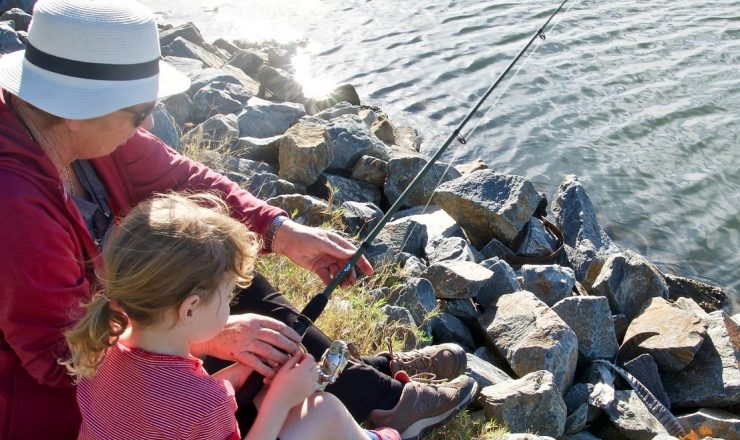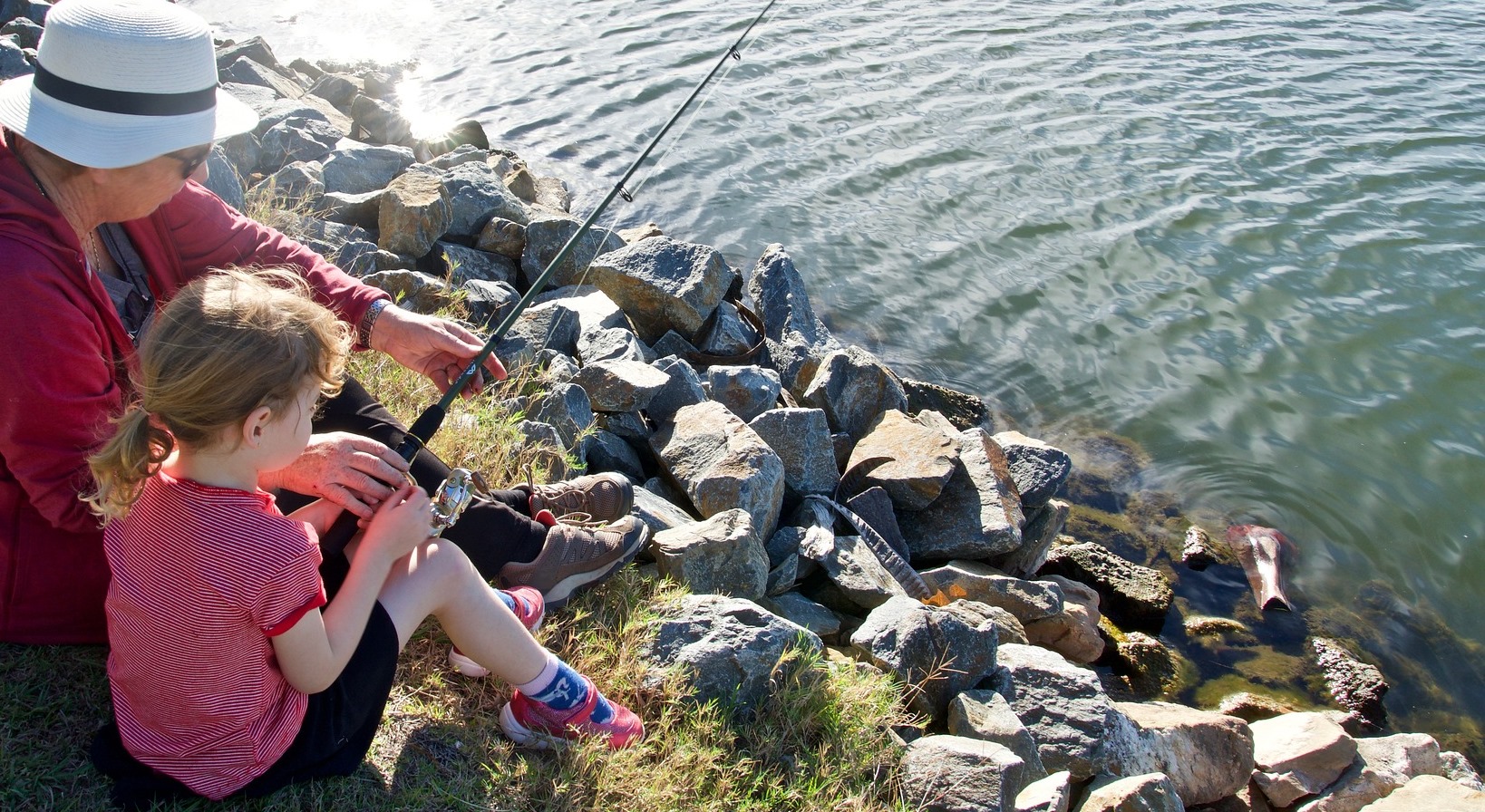In the simplest terms, my parental boundaries are defined by where I end and my children begin. In parenting, boundaries are crucial to healthy attachments and to our children’s success in the world. Setting boundaries was pretty cut and dry when my children were small. Basically, my goal was to keep them alive. As the parent of a toddler, not a day went by that I didn’t use the phrase, “Don’t eat that, it’s poisonous” or, “Don’t do that, it’s dangerous.” But as my children grew, my job of setting boundaries became increasingly more complex. Now my offspring have opinions and the skills to negotiate and bargain with me. Today setting a limit can easily become a prolonged discussion of fairness and feelings. But as the parent of teens, maintaining boundaries and helping my children develop their own healthy boundaries is more important than ever.
By setting and maintaining consistent boundaries, parents assure their children that they can trust and count on them to do what they say they will. Boundaries allow our children to feel safe and secure. And for pre-teen and teens, this often means acknowledging feelings and giving age appropriate choices.
Like us, children would like to control as much as possible. And, having the option to be in contol of some things helps children to develop healthy boundaries. By identifying what they have authority over, children can adapt to what is out of their control. When we provide our children with choices as well as allow them to experience consequences, we are teaching them healthy boundaries. Options and choices allow for the opportunity to have some control and freedom.
For parents, we must keep in mind that children are not able to conceptualize long term consequences and outcomes and should not be treated as mini adults. The options we give them should not be adult choices. Children should be given the ability to make age appropriate choices. While a first grader is mainly capable of deciding what to wear to school, he should not be deciding if he would rather go to school or stay home. And, while a teen is quite capable of choosing their own class schedule, there must still be an adult guidance and limits around some adult types of issues including drug and alcohol use.
To be fair, setting and maintaining consistent boundaries is easier said than done. Some things for parents to consider when setting boundaries include the following:
- Define your own boundaries and model this for your child
- Set clear expectations with your child
- Follow through and let your child experience the consequence of a crossed boundary
- Value and expect respect for all members of the home
- Allow and encourage age appropriate freedom and separation from parents
Of course, no parent is perfect and we will inevitably blur the lines with our boundaries. Here are some signs that may indicate we are doing so:
- Doing things for your child that he can and should do for himself
- Constantly asking questions or interrogating your child over everything
- Making your children the center of attention at all times and not maintaining boundaries as a couple
- Sharing adult information with your child and treating her like a friend rather than your child
- Allowing your child to take control of the household and giving up parental authority
- Taking your child’s failures personally or falling apart when your child is upset
- Placing your own happiness on your child and their success
Setting and maintaining boundaries with our children is an everyday job. It is important that we take the time to recharge and connect with others. Having the opportunity to confide in our significant other and peers allows for a place to discuss our adult concerns and keep this boundary with our children.
Shelley Coleman M.A., L.P.C.-S.
Shelley Coleman is a Licensed Professional Counselor and parent. She is in private practice in Lakeway where she provides play therapy, child and adolescent counseling, family therapy, group therapy, and parent education. She can be reached via her website at www.shelleybcolemanlpc.com







